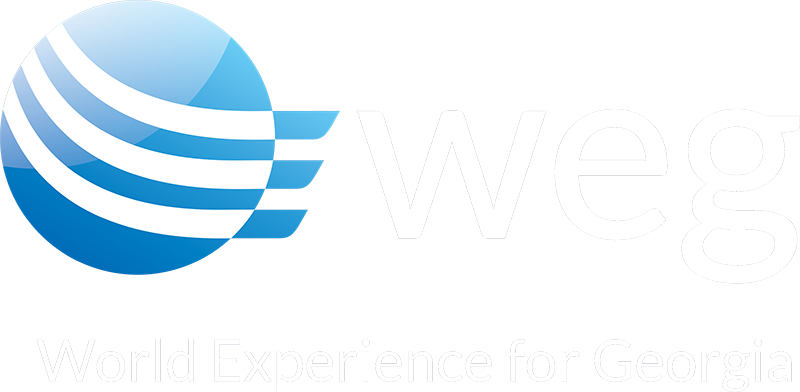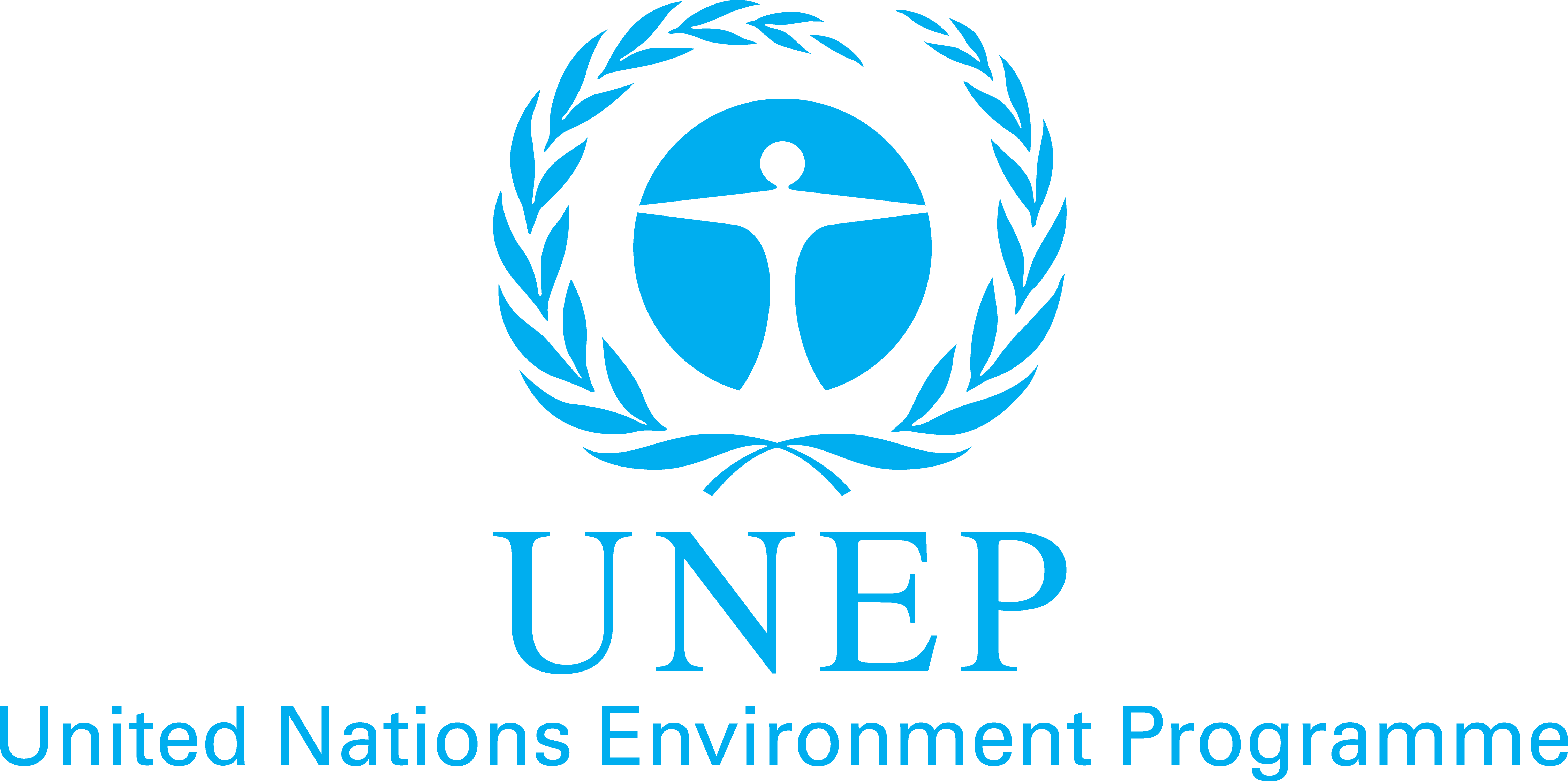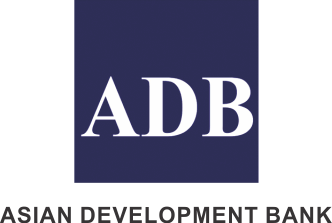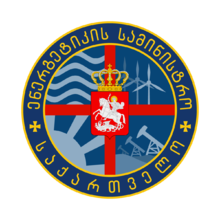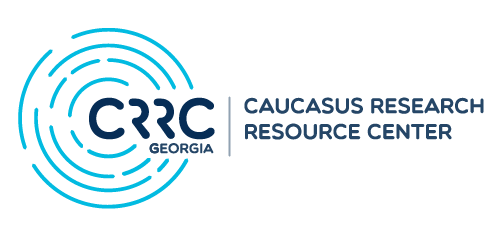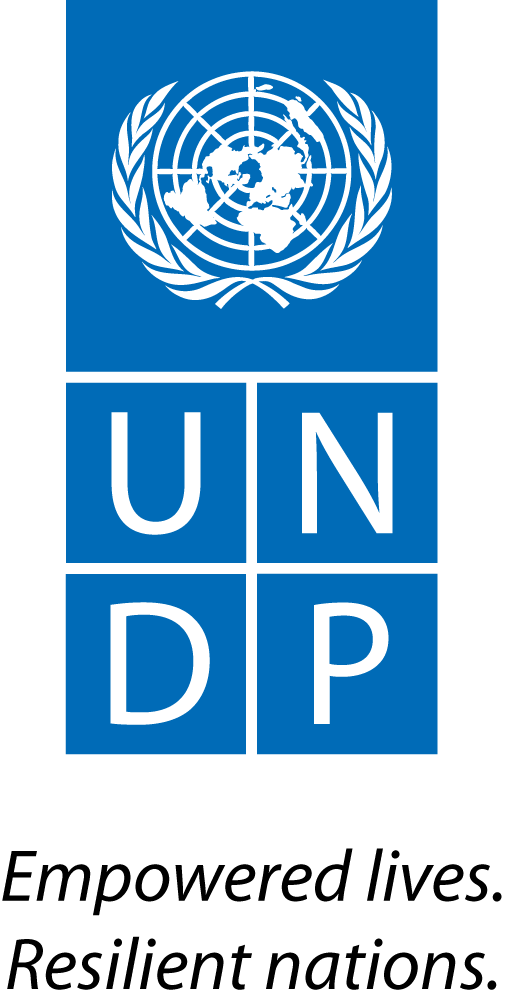Statement on Merging the Ministry of Energy into the Structure of Ministry of Economy and Sustainable Development
According to an announcement by Georgian Government, the Ministry of Energy seizes to exist as an independent body and is being merged into the Ministry of Economy and Sustainable Development.
Along with optimization of government expenditures, this measure provides some opportunities for energy sector that should be effectively used. Merging the ministries should improve the coordination of energy, economic and national security policies, energy efficiency and renewable energy issues, improvement of investment climate, bringing more economic reason to energy policy decisions and certain projects.
At the same time, strengthening of activities in main strategic directions it remains of utmost importance:
- Improved energy security remains the foremost strategic objective as the country still does not have a robust, evidence based Energy Strategy and realistic vision of development priorities. The high dependence on gas and oil product imports, Enguri HPP and increase in Abkhazia consumption, sustainable winter heating of rural population, excessive energy subsidies, effective tariff policy, excessive dependence on neighboring state interests in external and internal markets, are only few of the problems that require highly professional and well thought long term state policies.
- Energy reform in the framework of Association Agreement and Energy Community membership of Georgia is a key for resolving many structural problems and modernizing the energy sector. Enacting fundamental changes to inefficient legal and institutional framework within the agreed timeframes poses a great challenge and requires efficient organization of the process. It is necessaty to establish an empowered project management structure with clear responsibility and task allocation to manage reforms based on sound project management methodology[1].
- Strengthening the transit function of Georgia, remains to be a strategic direction. Continued support of existing transit projects and development of new opportunities should be conducted with proper country’s interests.
- Strategically important is to establishing the research and analytical support of policy decisions including proper planning. In order to avoid making policy decisions without in-depth analysis and understanding of current realities and trends.
There is also a bulk of ongoing important tasks and activities. Therefore, we hope that professional experience and qualification existing in the Ministry of Energy, will be preserved and duly utilized.
The role and responsibility of energy regulator increases with the reform. It is necessary to restore its authority in market regulation, in accordance with the requirements of Association Agreement, EU Energy Acquis and best international practices.
We hope, that a healthy professional environment will be created, with more transparency and accountability, for better cooperation of government, sector entities, businesses, civil society, international partners and academia, in addressing the complex challenges of energy sector.
[1] Cf. WEG summary of Stakeholder coordinatin workshop of November 9 (link)
